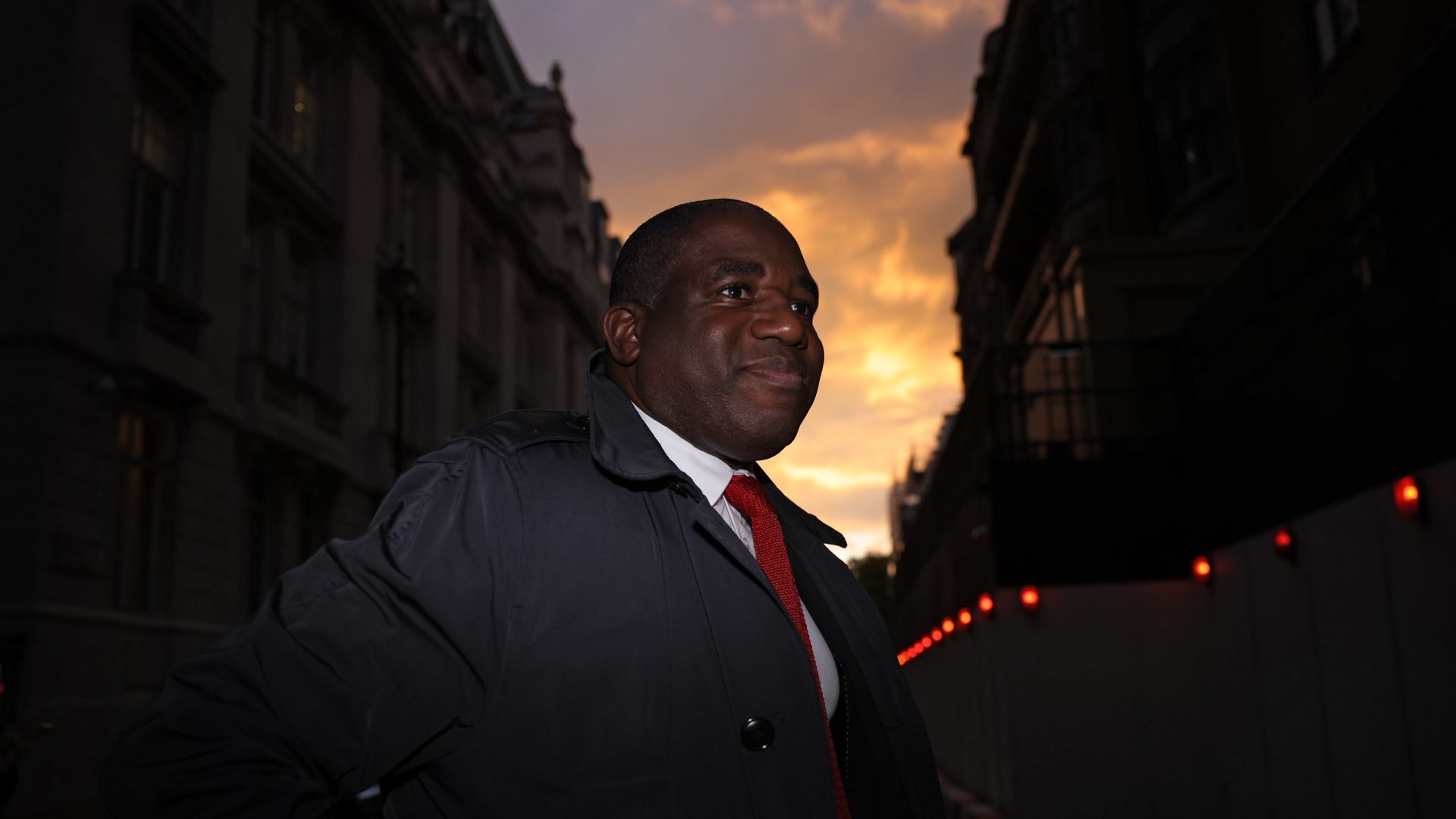David Lammy’s 4,000-word essay in Foreign Affairs magazine on “The Case for Progressive Realism”, analyses the chaotic state of global security and what he sees as Britain’s role in world affairs.
On the UK-EU relationship, he repeats their “red lines” of no Customs Union or Single Market membership, but says that a new Labour government “must seek a new geopolitical partnership with the EU. The centrepiece of this relationship should be a security pact”.
The UK and EU “must be honest about the gravity of this moment,” he says – but notes they have “no formal means of cooperation.” He plans to address this urgently, saying “European security will be the Labour Party’s foreign policy priority.”
This is a good move and surely the right starting point if Labour is going to start rebuilding bridges with the EU. Today’s geopolitics now looks nothing like 2016. Sands have shifted dramatically, and Europe is under threat. The British public understands that the common defence of Europe is a responsibility and in our own self-interest. On the other side of the Atlantic, Trump and his Republican supporters display a mix of hostility and indifference to NATO and traditional allies – adding to the west’s vulnerability.
No one can look at the EU through the Brexiteer lens of 2016 any longer, as if it were a block on Britain’s global, free market ambitions. Those delusions are dead in the water. In 2024, the issue is the defence of our borders and the protection of our democracies, cybersecurity, values, environment and climate. So Lammy’s positioning is spot on. Security protects everything we value – but it also throws us back alongside our friends in the EU. We must defend those fundamentals together.
At the European Movement UK, we view security co-operation as part of Europe defending its shared interests on the world stage. The UK-EU relationship is based on common interest, values and mutual investment and all other arguments flow from there. So irrespective of Lammy’s longer term intentions, this the right first move and the right framing for everything that pro-European Brits want.
Trust takes time to build, and ever since our last representatives left the EU buildings, we’ve been out of the loop. Johnson and Truss gratuitously poisoned the relationship further – a focus on security can help.
“Security” goes beyond military considerations – it includes environmental and climate security, and protection against international crime, managing migration and threats to our economic well-being and democracy.
As Lammy notes, there are economic benefits to a new UK-EU framework based on common security: “To deliver prosperity at home, the United Kingdom must re-establish itself as a trusted and reliable partner – particularly with allies. That is why Labour will seek to improve the country’s trade and investment relationship with Europe, as well as with India and the United States.”
This makes his next sentence all the more remarkable. He asserts that: “Brexit is settled; a Labour government would not seek to rejoin the EU, the Single Market, or the Customs Union.”
Political onlookers understand the Labour Party keeping to its red lines, for now. They will have made election plans, done their polling and made calculations. Their mission is to win the election. However, once in office they will have to confront the reality that Brexit is very unsettled. It is causing damage on a daily basis and rapidly losing public support. Brexit is untenable as a geopolitical position.
Lammy’s ambitions for the UK domestically and globally are impossible without restoring frictionless access to the European market and uniting with our closest friends in a world increasingly shaping into big blocs of concentrated power. Being a realist; the team approach is the only way.
Within the EU, the UK had an envied power position: one of the big three members of the EU, driving economic and technological programmes. The “special relationship” with the US that linked America and Europe, and we were Asia’s gateway to the Single Market.
Now we rattle around in a geopolitical identity crisis. Other nations remain perplexed at our denial over Brexit, and were appalled at our willingness to renege on international treaties in our desperation. Saying, as Lammy does, that “Brexit is settled” is no solution.









